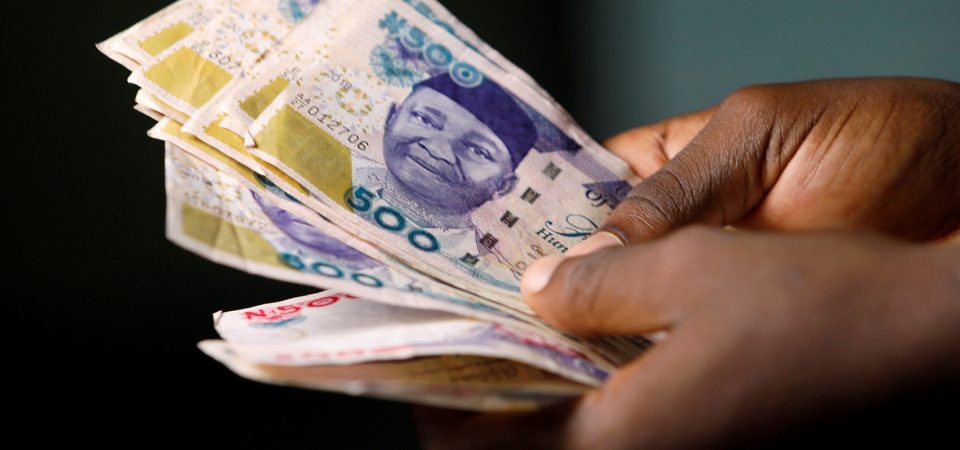Nigeria’s inflation figure rose to 21.91 percent in February, the month of when Nigerians suffered acute cash scarcity.
According to a report released by the National Bureau of Statistics (NBS) on Wednesday, headline inflation rate increased by 0.09 basis points when compared to the January 2023 rate of 21.82 percent.
Inflation rose to 21.82% in January – NBS
Was Nigeria’s inflation rate highest under Obasanjo?
Similarly, on a year-on-year basis, the headline inflation rate was 6.21 percent points higher compared to the rate recorded in February 2022, which was 15.70 percent.
“This shows that the headline inflation rate (year-on-year basis) increased in February 2023 when compared to the same month in the preceding year (i.e., February 2022).”
It said items that contributed to the increase are; bread and cereal (21.67 percent), actual an imputed rent (7.74 percent), potatoes, yam and other tubers (6.06 percent), vegetable (5.44 percent) and meat (4.78 percent).
“On a month-on-month basis, the percentage change in the All-Items Index in February 2023 was 1.71 percent, which was 0.16 percent points lower than the rate recorded in January 2023 (1.87 percent). This means that in February 2023, on average, the general price level was 0.16 percent lower relative to January 2023. The percentage change in the average CPI for the twelve months period ending February 2023 over the average of the CPI for the previous twelve months period was 19.87 percent, showing a 3.15 percent points increase compared to 16.73 percent recorded in February 2022.”

 Join Daily Trust WhatsApp Community For Quick Access To News and Happenings Around You.
Join Daily Trust WhatsApp Community For Quick Access To News and Happenings Around You.


